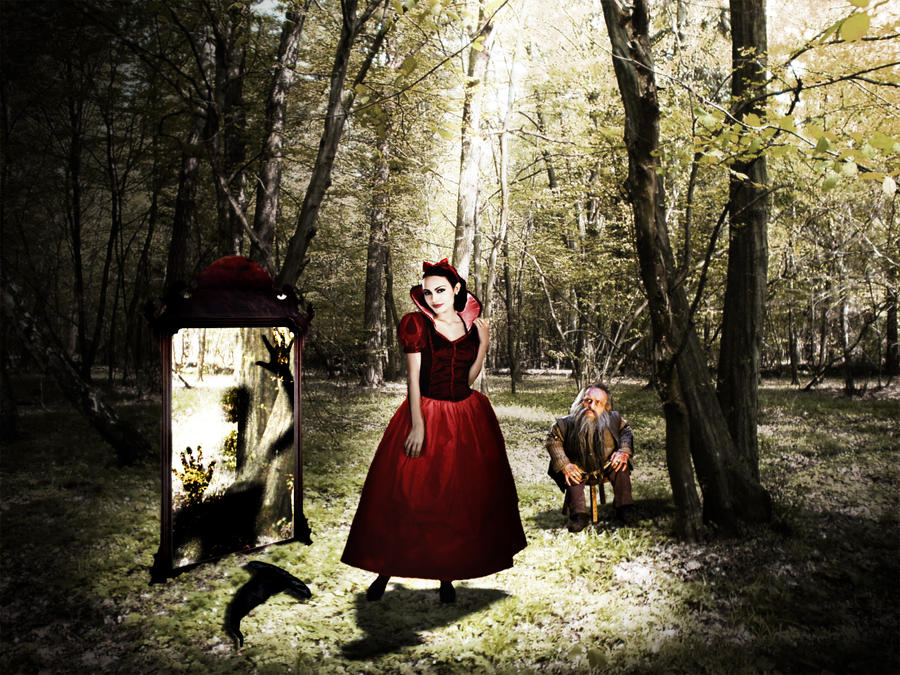Memoir (from French: mémoire: memoria, meaning memory or reminiscence)
Memoirs seem to be a modern convention, a diversion from staid autobiographies of the past. Unlike autobiography, which usually covers a life from start to finish, the time range of a memoir can be much shorter. Memoirs are concerned primarily with character development, the “character” being the author, of course, and “development” usually referring to a period of her life which taught her something, or changed something, or started something else.
The new memoir by Wendy Lawless, Chanel Bonfire, deals with the author’s atypical childhood and her phoenix-like emergence from it. Born to theater folk, Wendy’s and her sister Robin’s early lives were unconventional from the start. Her father was a regional actor and her mother had aspirations along these lines. These early backstage experiences actually were a comfort to Wendy. She felt an early pull towards acting and the close-knit, family feel of a production. After the seven years of her parents’ marriage, her actual family life would never be secure again.
From New York to London to Boston London
In The New Yorker, Daniel Mendelsohn claims that memoir was once “the black sheep of the literary family. Like a drunken guest at a wedding, it is constantly mortifying its soberer relatives (philosophy, history, literary fiction)--spilling family secrets, embarrassing old friends--motivated, it would seem, by an overpowereing need to be the center of attention." (Full article here).
And yet, a desire for attention would seem to play a distant second fiddle to the cathartic gains from examining a difficult childhood. I appreciated that in Chanel Bonfire, Ms. Lawless speaks with what seems to be much clarity and self-analysis. She doesn’t sugarcoat any of her own actions and reactions, and she presents what may be considered by some as a privileged lifestyle matter-of-factly. They may have had money but it’s what they didn’t have - a mother’s constant love and guidance - that is the tragedy.
Wendy was able to escape to college, to acting and other pursuits, to a marriage and life of her own. She made a break from her mother and never looked back, until now. She was reunited with her father and established a relationship with him. I finished the book and found myself wishing I knew a little more about her mother. In the way that a novel dissects and presents its characters, I wished I had a bit more insight about what made the mother tick, what she thought about, if she’d had regrets. But then I remembered this wasn’t a novel but rather the memories of her oldest daughter who sadly, may have never known her mother much at all. Chanel Bonfire is an engaging look at another time, another life, and a testament to the human spirit, which often can flourish with little sustenance. Read more about the book and Wendy Lawless here.















